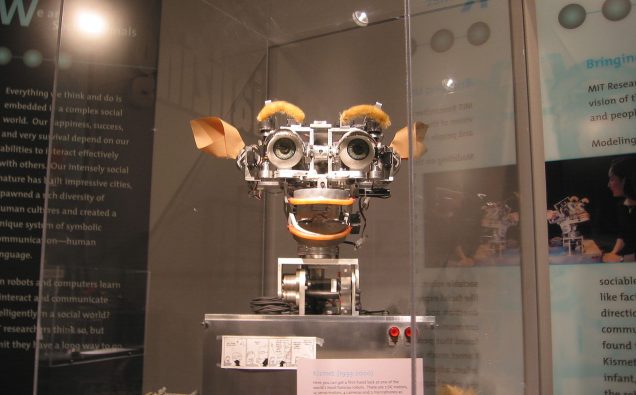
As economists and IT leaders wonder about promise and perils of robots and ever new automated machines on jobs and governance, a new report this week said Artificial Intelligence could contribute a massive $ 15.7 trillion to the global economy by 2030.
An analysis by PricewaterhouseCoopers, gauging the economic potential for AI between now and 2030, including for regional economies and eight commercial sectors worldwide, says the AI could be a big game changer.
“AI could contribute up to $15.7 trillion to the global economy in 2030, more than the current output of China and India combined,” the PwC says.
Of the cumulative AI economic additions, $6.6 trillion is likely to come from increased productivity and $9.1 trillion is likely to come from consumption side effects.
The AI Impact Index looks at how improvements to personalisation/customisation, quality and functionality could boost value, choice and demand across nearly 300 use cases of AI, along with how quickly transformation and disruption are likely to take hold.
The study outlines the regional economies that are set to gain the most and the three business areas with greatest AI potential in each of eight sectors. Future reports will focus on specific sectors, along with functional areas such as marketing, finance and talent management, the PwC says.
“We’ll also be setting out the detailed economic projections and, in partnership with Forbes magazine, publishing interviews with some of the business leaders at the forefront of AI.”
While some markets, sectors and individual businesses are more advanced than others, it says.
“AI is still at a very early stage of development overall. From a macroeconomic point of view, there are therefore opportunities for emerging markets to leapfrog more developed counterparts. And within your business sector, one of today’s start-ups or a business that hasn’t even been founded yet could be the market leader in ten years’ time.”
From the personal assistants in our mobile phones, to the profiling, customization, and cyber protection that lie behind more and more of our commercial interactions, AI touches almost every aspect of our lives, the report says.
“And it’s only just getting started.”
The additional $15.7 trillion economic impact of AI will be driven by productivity gains from businesses automating processes (including use of robots and autonomous vehicles); productivity gains from businesses augmenting their existing labor force with AI technologies (assisted and augmented intelligence); and increased consumer demand resulting from the availability of personalized and/or higher-quality AI-enhanced product and services.
The report notes that as new technologies are gradually adopted and consumers respond to improved products with increased demand, the share of impact from product innovation increases over time.
The assessment says labor productivity improvements are expected to account for over 55% of all GDP gains from AI over the period 2017 – 2030. 58% of all GDP gains in 2030 will come from consumption side impacts.
The report notes that it is the internet and mobile technologies that has driven the first wave of digital, known as the Internet of People.
However, it says, analysis carried out by PwC’s AI specialists anticipates that the data generated from the Internet of Things (IoT) will outstrip the data generated by the Internet of People many times over.
















